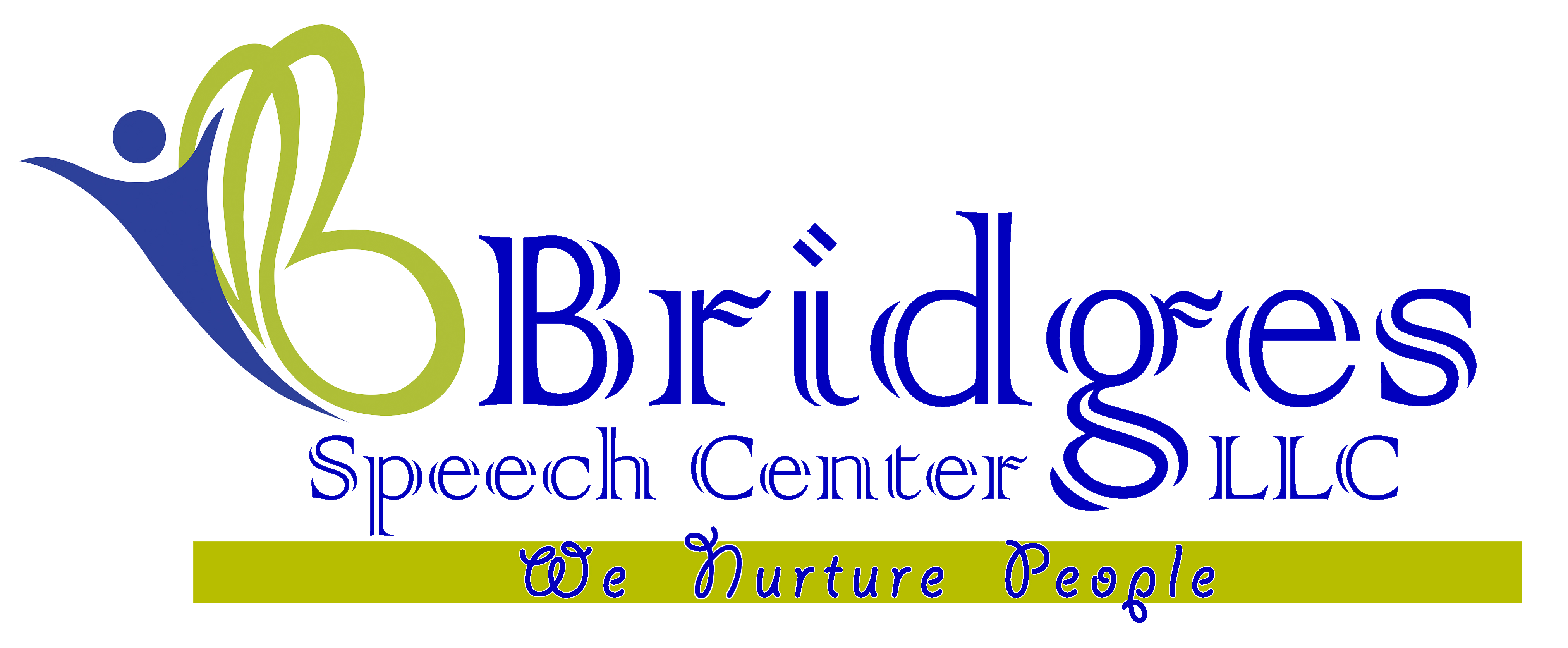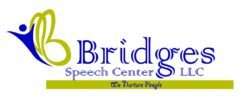Apraxia of speech in adults, also known as acquired apraxia of speech (AOS), is a neurological speech disorder that affects the ability to plan and coordinate the precise muscle movements required for speech production. Unlike developmental apraxia of speech, which is present from a young age, AOS typically occurs due to brain damage due to stroke, brain injury, tumors, or other neurological conditions. This disorder can significantly impact an individual’s communication ability, leading to difficulties in expressing thoughts, ideas, and emotions. Here’s a detailed look at apraxia of speech in adults:
- Characteristics: AOS often results in speech that is slow, effortful, and characterized by inconsistent errors. Individuals with AOS might struggle to pronounce words correctly, use the wrong sounds, or have difficulty sequencing sounds within words.
- Articulation Challenges: A key feature of AOS is difficulty with articulation. Individuals may have trouble coordinating the precise movements of the lips, tongue, and jaw required for speech sounds, leading to distorted or unintelligible speech.
- Planning and Execution: AOS affects the planning and execution of speech movements. Individuals might struggle to initiate speech, experience hesitations, or produce speech that sounds unnatural and disjointed.
- Word-Finding Difficulties: Finding the right words (anomia) can be challenging for individuals with AOS. They may know what they want to say but struggle to retrieve the appropriate words.
- Consonant and Vowel Errors: AOS can result in both consonant and vowel errors. Individuals might substitute, omit, or distort sounds in words, making their speech difficult to understand.
- Inconsistency: One hallmark of AOS is the inconsistency of errors. The same word might be pronounced correctly on one occasion and with errors on another, making it challenging to predict speech patterns.
- Motor Planning Impairments: AOS is related to difficulties in motor planning and programming. The brain struggles to send accurate signals to the muscles involved in speech production.
- Communication Impact: AOS can lead to frustration and reduced social interactions. Individuals may avoid speaking situations or experience feelings of isolation due to communication difficulties.
- Assessment: Diagnosis of AOS involves a thorough evaluation by a speech-language pathologist (SLP). This assessment may include speech tasks, sound production analysis, and observation of speech patterns.
- Treatment: AOS therapy is personalized and targets the specific speech patterns and challenges of each individual. It often involves exercises to improve articulatory precision, speech planning, and motor coordination.
- Cueing Techniques: SLPs use various cueing techniques to help individuals produce accurate speech sounds. These cues might involve visual, tactile, or auditory prompts to guide speech movements.
- Functional Communication: Therapy aims to improve functional communication by teaching strategies to enhance speech intelligibility and optimize conversation flow.
- Compensatory Strategies: For severe cases, where speech recovery is limited, individuals may learn compensatory strategies such as using augmentative and alternative communication (AAC) methods or devices.
- Psychosocial Support: AOS therapy acknowledges the emotional impact of communication difficulties and provides support for building confidence and reducing frustration.
AOS in adults can be a complex and challenging condition, but with the help of speech-language pathologists and appropriate therapy approaches, individuals can make significant progress in improving their speech clarity and overall communication skills.







